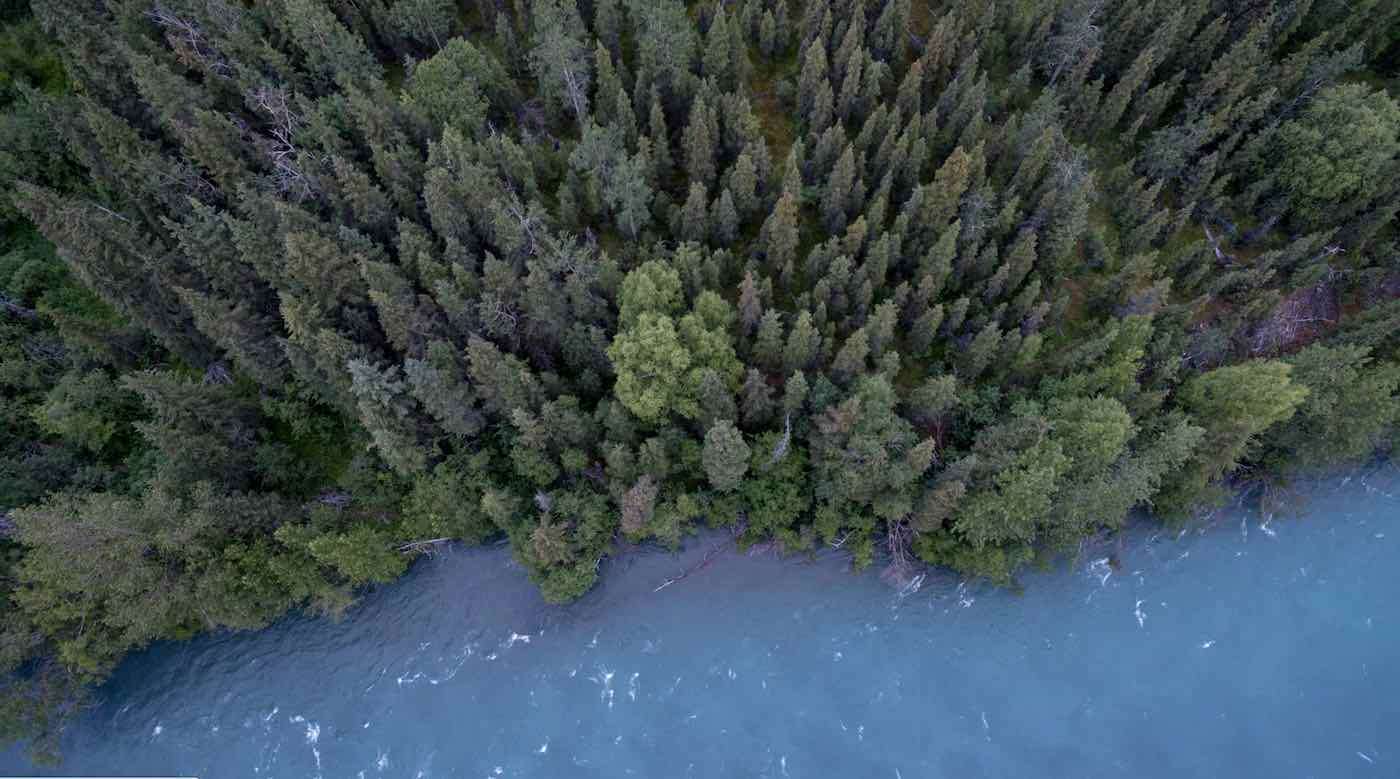He Quit His Job to Offer Scottish Highland Trips in New York School Bus - A 'Hostel on Wheels'
Angus Luff quit his job to take tourists on adventure trips in the Scottish Highlands - in a yellow New York school bus turned into an RV.

Monday was International Day of Forests, a perfect moment for taking a walk under your local trees and reading a roundup of forest victories from around the world.
This year notes a turning tide in the global awareness of the value of trees. In several regions of the world, there are more acres of forest than there have been in the past 100 years: in Europe for example.
In other cases, reforestation stemming from a conscious change in attitudes towards conservation is now equal to existing deforestation in some of the most threatened areas, for example in Brazil's Atlantic Forest biome.
The recent meeting of the parties to the Paris Climate Accords have given rise to an international agreement between two dozen countries to end deforestation this decade. Locally-speaking, regional victories drive these global trends, and these movements will certainly go a long way to making every future International Day of Forests even more special because of what has been saved.
In the U.S., Oregon lawmakers just passed legislation to conserve 81,544 acres (33,000 hectares) of the Elliott State Forest, protecting it against logging and future threats. The site contains significant old-growth forest and supports 20% of the wild Oregon Coast coho salmon population.
As part of a partnership between the Defense, Interior, and Agriculture departments of the U.S., 11,000 square miles (around 3 million hectares) of farms, forests, and wildlife habitat around Eglin Air Force Base will be protected, together with the help of non-profit conservationists and landowners, to create a unique mosaic of land systems called the Northwest Florida Sentinel Landscape.
Down under, landmark legislation in Western Australia will end native logging and secure 1,544 square miles (400,000 hectares) of one of the most diverse native forests on Earth. Activists have campaigned for decades to protect these forests, containing rare tingle, jarrah, karri, marri, tuart, and wandoo trees found nowhere else on the planet, which had been increasingly depleted by logging.
"We're going to stop logging in our native forests… to preserve these beautiful, magnificent, wonderful areas for future generations of West Australians," WA Premier Mark McGowan said, allegedly stunning green party members and protestors alike.
In South America, the Gordon and Betty Moore Foundation has allocated an additional $300 million toward the Andes-Amazon Initiative to continue biodiversity and forest conservation efforts in the region until 2031.
To date, the initiative has been successful in conserving 1.5 million square miles (400 million hectares) or about half the size of Brazil itself, since its establishment in 2003. New targets include ensuring that 38,000 square miles (100 million hectares) of freshwater and forest ecosystems—as well as Indigenous and local communities' lands—are effectively managed.
GROW the Good News; Share This Story…
Be the first to comment